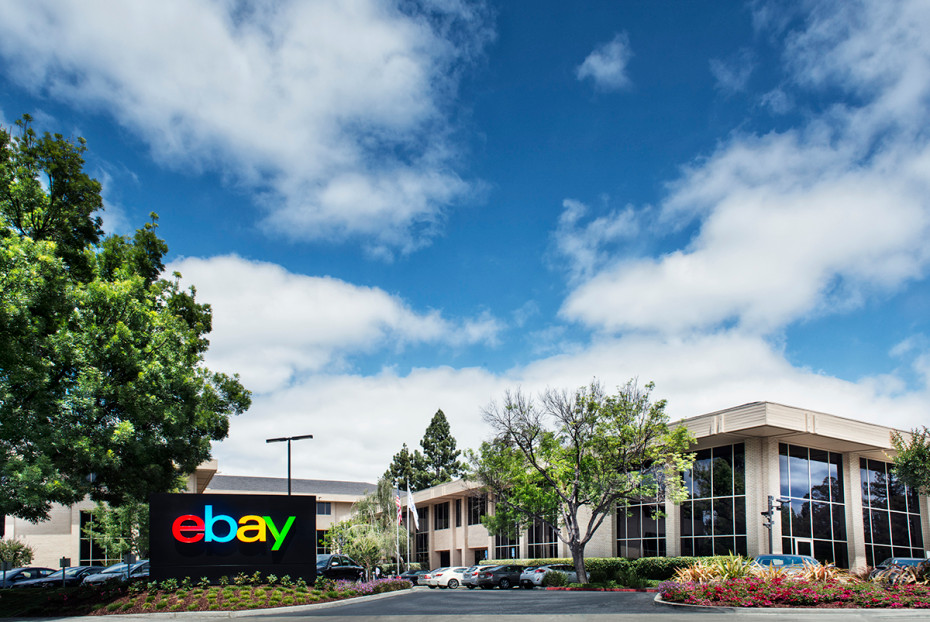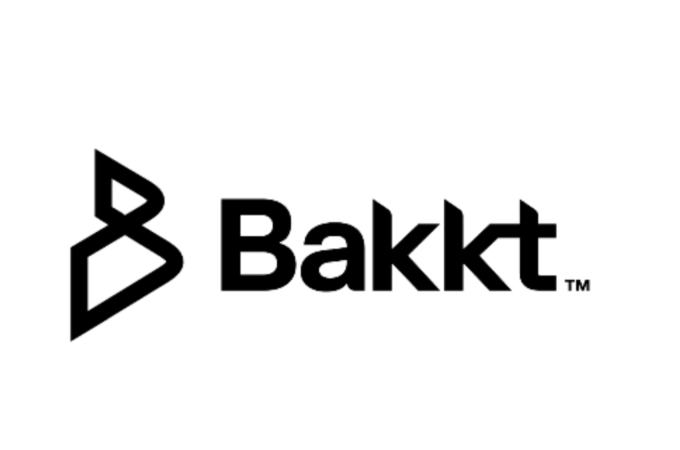
Flipkart raises $1.4 billion from eBay, Microsoft, and Tencent and acquires eBay’s Indian business
By Paul Sawers for Venture Beat
Indian ecommerce juggernaut Flipkart has raised $1.4 billion from eBay, Microsoft, and Tencent, in what is the biggest single investment in Flipkart’s history. The investment values Flipkart at a whopping $11.6 billion, according to a statement issued by the company.
“We have chosen these partners based on their long histories of pioneering industries and the unique expertise and insights each of them bring to Flipkart,” said Flipkart founders Sachin Bansal and Binny Bansal. “This deal reaffirms our resolve to hasten the transformation of commerce in India through technology.”
Founded in 2007, Flipkart is an online shopping portal that sells everything from books and music to electronics — it’s often referred to as “the Amazon of India.” The company has now raised more than $4.5 billion in funding, and it was recently reported to have closed a fresh $1 billion in funding. Microsoft’s involvement should come as little surprise, since it actually nabbed Flipkart as an Azure client back in February.
Besides the gargantuan figure, another notable facet of the deal is that eBay is selling its Indian eBay.in business to Flipkart, as part of its $500 million investment.
That eBay is selling its Indian arm to a local rival is a sign that the company has had difficulty gaining traction in the country. It also follows a number of other divestment initiatives from eBay, which recently sold the majority of its stake in Latin American ecommerce giant MercadoLibre. And, back in 2014, eBay led a $134 million funding round into Indian ecommerce site Snapdeal, then 18 months later sold a portion of its investment for a “strong return.”
Elsewhere, eBay sold its Craigslist stake back to Craigslist in 2015, before spinning PayPal out into its own standalone company. It also sold eBay Enterprise to an investment consortium for $925 million.
With eBay’s giant slimming-down exercise once again reaching back into India, the transaction is expected to close later this year. Flipkart will own and operate eBay.in, while the duo have also inked an “exclusive agreement” that will see them “jointly pursue cross-border trade opportunities.” This will result in a degree of cross pollination between eBay and Flipkart’s respective inventories. In real terms, this means that eBay and Flipkart users globally will begin seeing more goods from the other platform.
“The combination of eBay’s position as a leading global ecommerce company and Flipkart’s market stature will allow us to accelerate and maximize the opportunity for both companies in India,” said eBay CEO and president Devin Wenig, adding, “eBay is committed to winning in India in partnership with Flipkart. Our exclusive global trade partnership will allow eBay and Flipkart to reach even more consumers around the world.”
Chinese internet titan Tencent is also a notable backer, bringing “experience in linking social networking and ecommerce” as part of its strategic investment. Tencent’s WeChat app claims more than 880 million monthly active users, most of whom are in China, and though it is chiefly a chat app, it has long extended into gaming, video conferencing, and payments, among other verticals. It’s not entirely clear whether Tencent plans to use its Flipkart stake to push its own services or will merely provide its expertise to help Flipkart join the dots between social and ecommerce.
“This strategic partnership enables Tencent to participate in the exciting opportunities in ecommerce and payments in India,” said Tencent president Martin Lau. “We look forward to helping Flipkart to deliver compelling experiences to users throughout India, and to [contributing] to the development of the internet ecosystem there.”
However you slice and dice it, this is a massive deal not only for Flipkart, but for the broader global ecommerce ecosystem. It’s not just about accelerating Flipkart’s own growth, it’s about giving three established technology giants leverage in a country that presents huge growth opportunities. Some estimates indicate that India is about to overtake the U.S. to become the world’s second-biggest smartphone market in terms of units shipped, and the likes of Google have been investing heavily in various initiatives, as has the mighty Facebook. Elsewhere, Apple is expected to begin manufacturing the iPhone in India shortly, while BlackBerry has signed a licensing agreement to sell smartphones to more than 1 billion people in the region.
The race to target Indian consumers is very much on.





